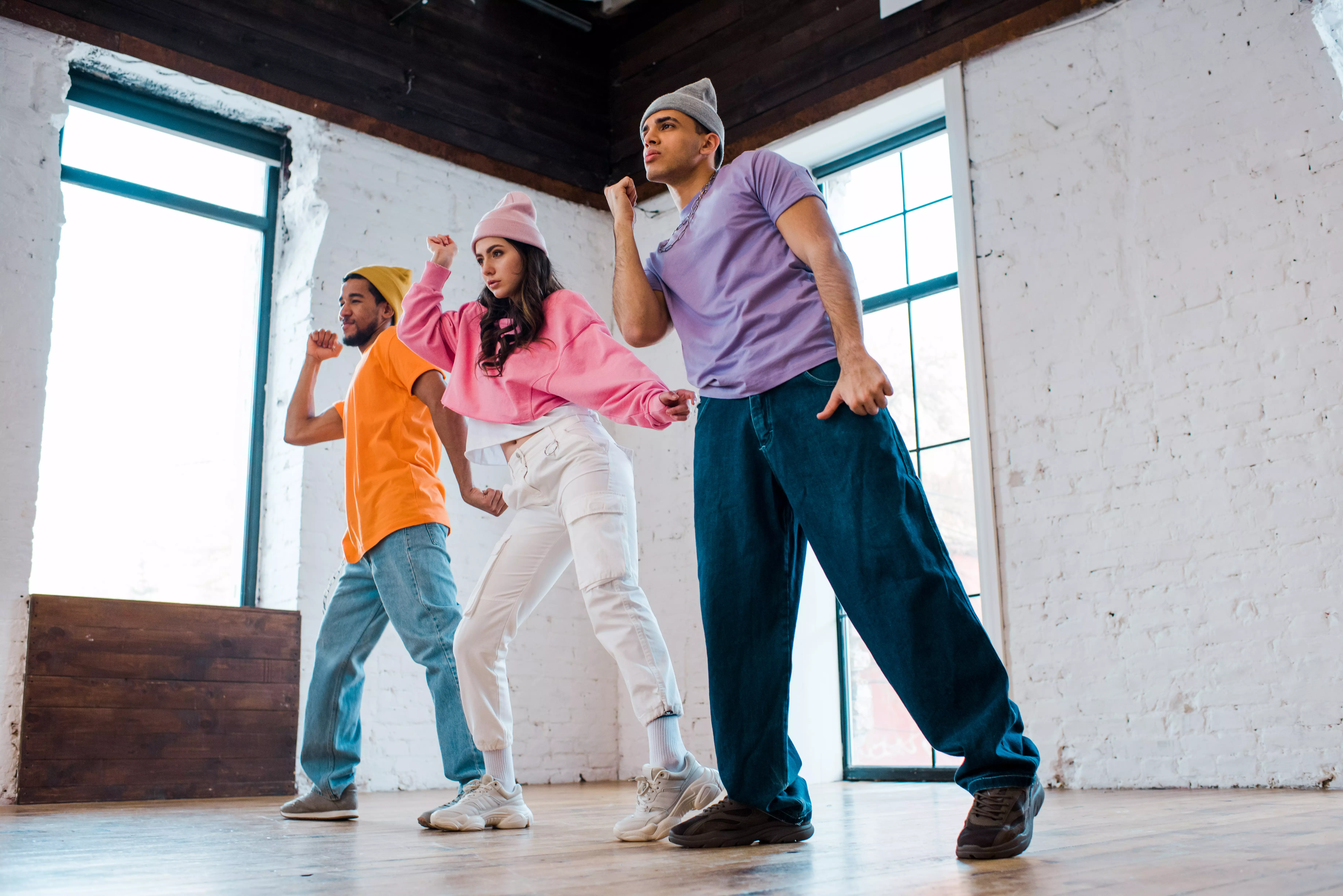Hip Hop as a tool for social change
Introduction to Hip Hop and its impact on society
Hip Hop is more than just a musical genre. It is a culture, a lifestyle, and above all, a tool for social change. Since its beginnings in the 1970s, Hip Hop has become a platform for marginalized voices to express their desires, fears and dreams. Artists such as Grandmaster Flash, Afrika Bambaataa and Run-D.M.C. not only provided music, but also raised important questions about the social issues taking hold at the time, which is still relevant today.
Stories told by hip-hop artists
Every Hip Hop song is often a story. Artists share their personal experiences, drawing attention to social problems such as impoverishment, discrimination, or violence. One example is the work of Tupac Shakur, whose lyrics addressed police brutality and the fight against racial inequality. Through these stories, listeners can more easily understand the realities of the lives of those who face daily challenges.

Hip Hop as a form of protest
Hip Hop has also become a platform for protest. In the face of various crises and social tensions, artists such as Public Enemy and N.W.A. have not been afraid to express their opposition to prevailing social norms. Their songs became anthems for many social movements that fought against racism and injustice. In the lyrics of these artists one can see not only emotion, but also determination to change the surrounding reality.
Hip Hop's global reach
The Hip Hop phenomenon extends beyond the borders of the United States. As the genre has evolved, its message has reached different cultures and nations. In countries such as France, Germany and even Poland, hip-hop artists began to create their own unique interpretations, referring to local social issues. An example is Polish rap, which often refers to the frustrations of young people, unemployment or problems with the education system.
Hip Hop in social action
Many social initiatives and NGOs use Hip Hop as a form of education and action. Hip Hop workshops, in which young people learn how to make music, draw graffiti or dance, become a way to express themselves and make interpersonal connections. Such projects are not only aimed at artistic development, but also at strengthening local communities and fighting marginalization and exclusion.
The artists involved and their projects
Many Hip Hop artists are committed to their community. People like Kendrick Lamar and J. Cole use their popularity to draw attention to important social issues. For example, Kendrick Lamar explores themes of black identity in his album To Pimp a Butterfly, and J. Cole actively supports local movements that fight for social equality and against police brutality. This proves that Hip Hop is not only music, but also an important tool for influencing the world.
Summary: Hip Hop as a catalyst for change
Hip Hop as a culture has great potential to create social change. Through strong lyrics, artistic expression and a commitment to social action, artists create a space where the voices of those struggling with inequality can be heard. As we watch Hip Hop continue to grow and influence the next generation, we can confidently say that its role as a tool for social change will only increase.

Add comment